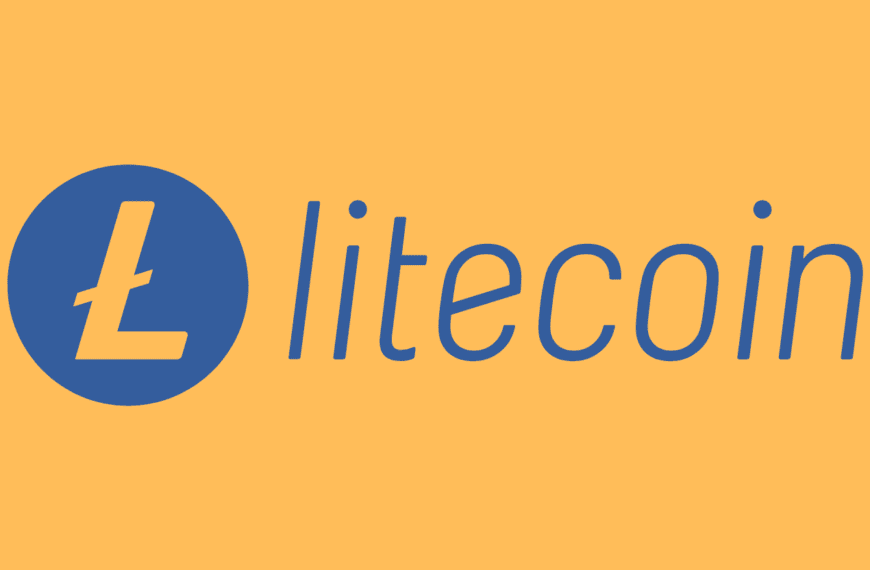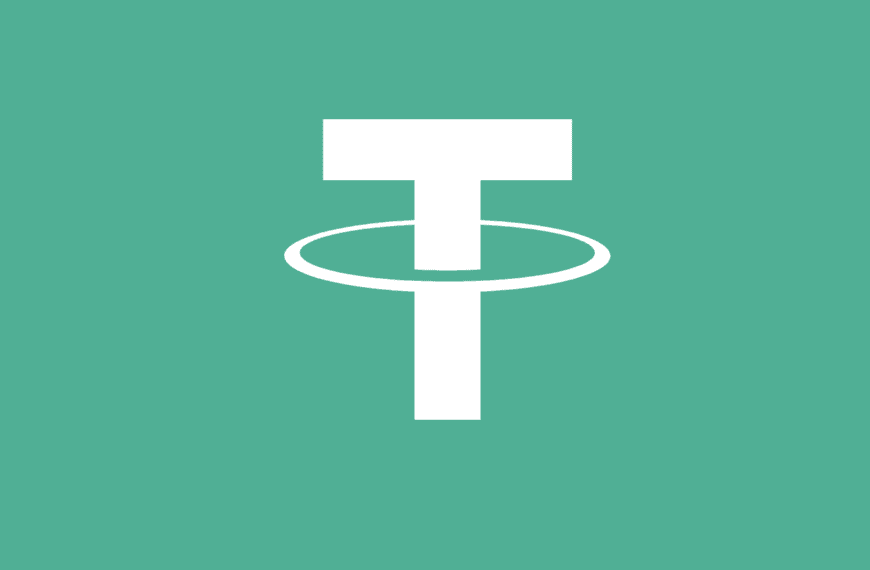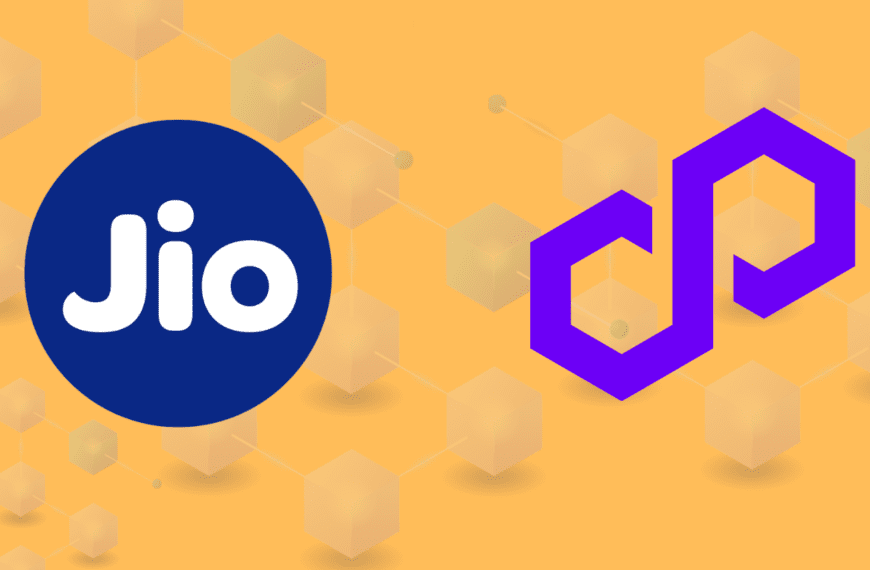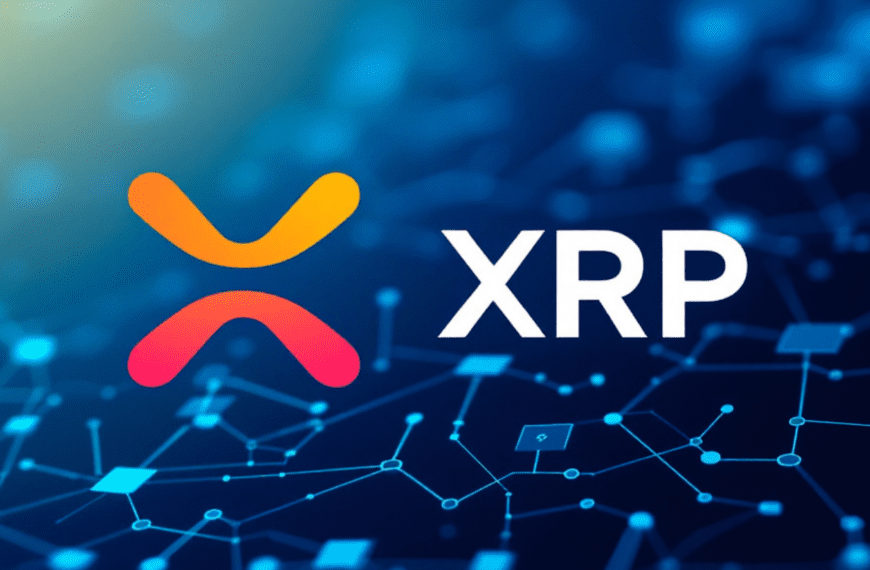What is Injective Coin (INJ)?
Injective Protocol is a decentralized finance (DeFi) platform designed to provide fast, secure, and scalable decentralized exchanges (DEXs). The project aims to solve the problems faced by traditional centralized exchanges (CEXs), such as high fees, slow transactions, and limited access to global markets.
Injective Coin (INJ) is the native cryptocurrency of the Injective Protocol. It plays an important role in securing the network, governing the protocol, and providing utility within the ecosystem.
The Injective Protocol is built on top of the Cosmos blockchain, which is known for its speed, scalability, and ability to communicate with other blockchains. This allows Injective to offer features such as decentralized trading, cross-chain compatibility, and high throughput.
Key Features of Injective Coin (INJ)

Before diving into the real-world use cases of Injective Coin, let’s understand some of its key features.
Decentralized Exchange (DEX) Trading
Injective Protocol allows users to trade assets in a decentralized way, without relying on any centralized authority. Unlike traditional exchanges, where users trust a central entity to handle their funds, a decentralized exchange like Injective enables peer-to-peer trading. This reduces the risk of hacks and fraud that are common in centralized exchanges.
Cross-Chain Compatibility
One of the most innovative aspects of Injective is its ability to enable trading between different blockchains. This is made possible through its interoperability with other blockchain networks. Users can trade assets across multiple blockchains without needing to use a centralized exchange or rely on intermediaries.
Fast and Low-Cost Transactions
Transactions on the Injective Protocol are fast and have low fees. The network’s scalability and efficient design make it possible for users to trade without worrying about delays or high transaction costs, which is often a problem on other platforms.
Governance
Injective Coin (INJ) is also used for governance. INJ holders can participate in the decision-making process by voting on proposals related to the protocol’s future developments and updates. This decentralized governance model ensures that the community has control over the project’s direction.
Staking
Users who hold Injective Coin can stake their tokens to help secure the network. In return for staking their tokens, users earn rewards. This process also ensures that the Injective Protocol remains decentralized and secure.
Real-World Use Cases of Injective Coin (INJ)
Injective Coin has many potential use cases, ranging from decentralized trading to decentralized finance (DeFi) applications. Below, we explore some of the most important and practical use cases of INJ in the real world.
1. Decentralized Trading on DEXs
The most obvious and common use case for Injective Coin is as part of decentralized trading. Users can trade a variety of assets on the Injective Protocol’s decentralized exchange without relying on centralized entities.
For example, a person can trade Bitcoin (BTC) for Ethereum (ETH) without having to go through a centralized exchange like Binance or Coinbase. Since Injective is cross-chain, these trades can happen even if the assets belong to different blockchains.
By using the INJ token, users can pay transaction fees and also participate in governance decisions related to the exchange’s operations. Injective offers a seamless and secure way to trade digital assets while eliminating the risks associated with centralized exchanges.
2. Interoperable Trading Across Different Blockchains
One of the unique features of Injective Coin is its ability to enable cross-chain trading. In the past, if you wanted to trade an asset on a different blockchain, you had to rely on centralized exchanges or complex bridges that often come with risks.
With Injective, users can trade assets across blockchains like Ethereum, Binance Smart Chain (BSC), and others without worrying about the technical complexities or high fees. This cross-chain compatibility unlocks new possibilities for traders, allowing them to access a wider variety of assets in a decentralized manner.
3. Decentralized Finance (DeFi)
DeFi is one of the hottest trends in the crypto world today, and Injective Coin plays a significant role in this space. DeFi applications are built to provide financial services, such as lending, borrowing, and trading, without the need for traditional banks or financial institutions.
Injective’s fast and low-cost transaction system makes it a great platform for DeFi applications. For example, DeFi projects can use the Injective Protocol to offer decentralized margin trading or synthetic assets, giving users the ability to trade leveraged positions or access assets that track the price of real-world assets.
Injective’s cross-chain capabilities also allow DeFi applications to work with assets from different blockchains, which enhances the flexibility and usability of DeFi services.
4. Governance and Community Involvement
Injective Coin also plays a role in the governance of the Injective Protocol. INJ holders can vote on important proposals and decisions related to the future development of the platform. This gives the community a voice in shaping the protocol’s direction and ensuring that the platform evolves in a way that benefits its users.
For example, INJ holders might vote on the addition of new features, updates to the network’s scalability, or adjustments to transaction fees. This decentralized governance model ensures that the Injective Protocol is run by its community, rather than a central authority.
5. Staking and Network Security
Another important use case for Injective Coin is staking. Users can stake their INJ tokens to help secure the network and validate transactions. In return for their participation in the network’s security, stakers earn rewards in the form of additional INJ tokens.
Staking also helps maintain the decentralization of the Injective Protocol, ensuring that no single party controls the network. This makes the protocol more resilient and less vulnerable to attacks or malicious activities.
Also Read: Polkadot Coin: Real-World Use Cases
6. Institutional and Enterprise Use Cases
As the blockchain and cryptocurrency space continues to grow, institutions and enterprises are increasingly interested in utilizing decentralized finance technologies. Injective Protocol offers a solution for institutional traders who need a decentralized, cross-chain platform with low transaction fees and fast execution.
For example, financial institutions could use Injective to offer a more efficient way for their clients to trade assets across different blockchains. Additionally, Injective’s scalability could make it attractive to enterprises looking to build custom blockchain-based financial products and services.
Conclusion
Injective Coin (INJ) is a promising cryptocurrency that aims to revolutionize the world of decentralized finance. With its fast and low-cost transactions, cross-chain compatibility, and decentralized governance, it provides a unique solution to the problems faced by traditional financial systems and centralized exchanges.
Disclaimer: The content provided here is for educational purposes only and is intended to raise awareness about cryptocurrency and blockchain technology. It should not be considered as financial or investment advice. Before investing in any cryptocurrency or token, we strongly encourage you to conduct thorough research, understand the associated risks, and make informed decisions (DYOR – Do Your Own Research). For detailed guidance, consult a qualified financial advisor.















